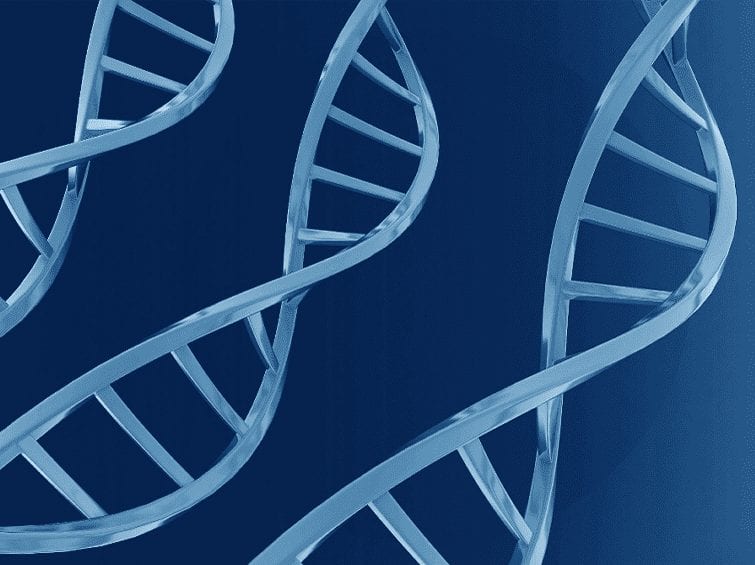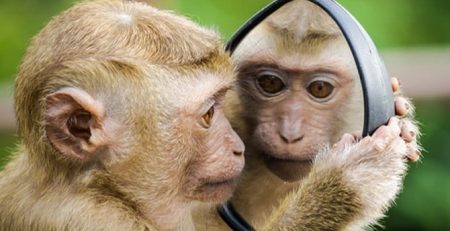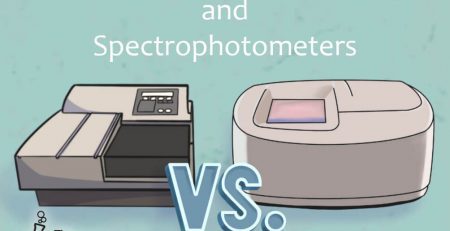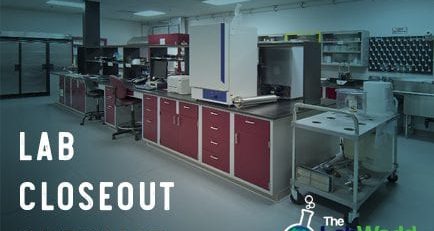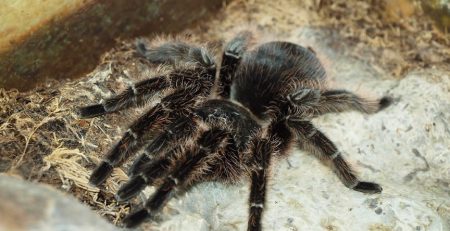CRISPR Ethics and Playing God
CRISPR, short for Clustered Regularly Interspersed Short Palindromic Repeats, are changing what has become known as the biohacker movement.
“CRISPR is this amazing technology because CRISPR allows you to directly target any sequence in somebody’s genome, in their genes, that you want and make whatever change you wants,” Josiah Zayner told CBS News.
This system is capable of identifying a particular gene that’s responsible for a disease, and replace or fix it. “CRISPR is so precise that it can just knock out the one gene that changes the physical appearance of an animal,” the same article claims. And with that comes the fear from some that CRISPR’s abilities may create a new breed of mad scientists.
While scientists in China are receiving federal funding to experiment with genetically modified pigs, members of the biohacker community in the US are experimenting on themselves. Zayner boasts that he was the first human CRISPR experiment, genetically modifying his muscles to grow bigger and faster as a proof of concept.
But what’s to stop scientists from developing “designer babies” rather than allowing a couples’ genes to combine naturally? Or creating a hip, new, designer pet? While these are both possible outcomes of CRISPR technology, Chinese scientist Dr. Lai Liangxue believes the technology will ultimately do more good than evil. “I think prevent[ing] a disease is a good thing. A really good thing. Some genetic diseases, if we can modify it, if there is a baby with some…defect, why don’t we just change that?” Liangxue said.
As with any new technology, there will be a period where we as a society figure out what can be done with it, for good or bad, and only time will bear out the overall cost and benefit.




